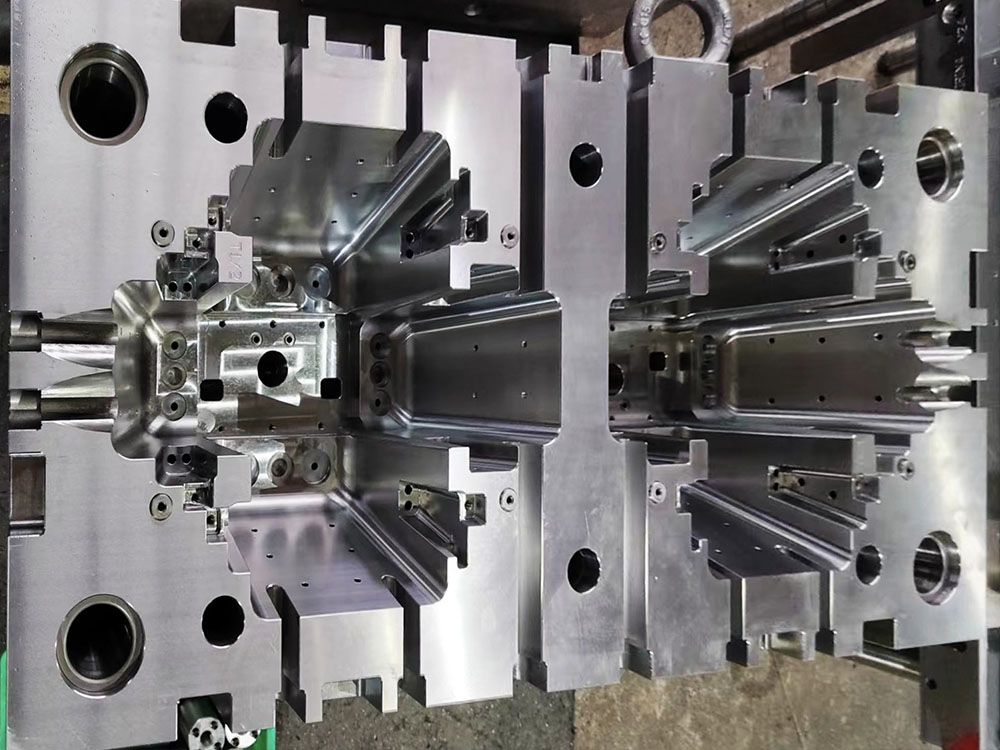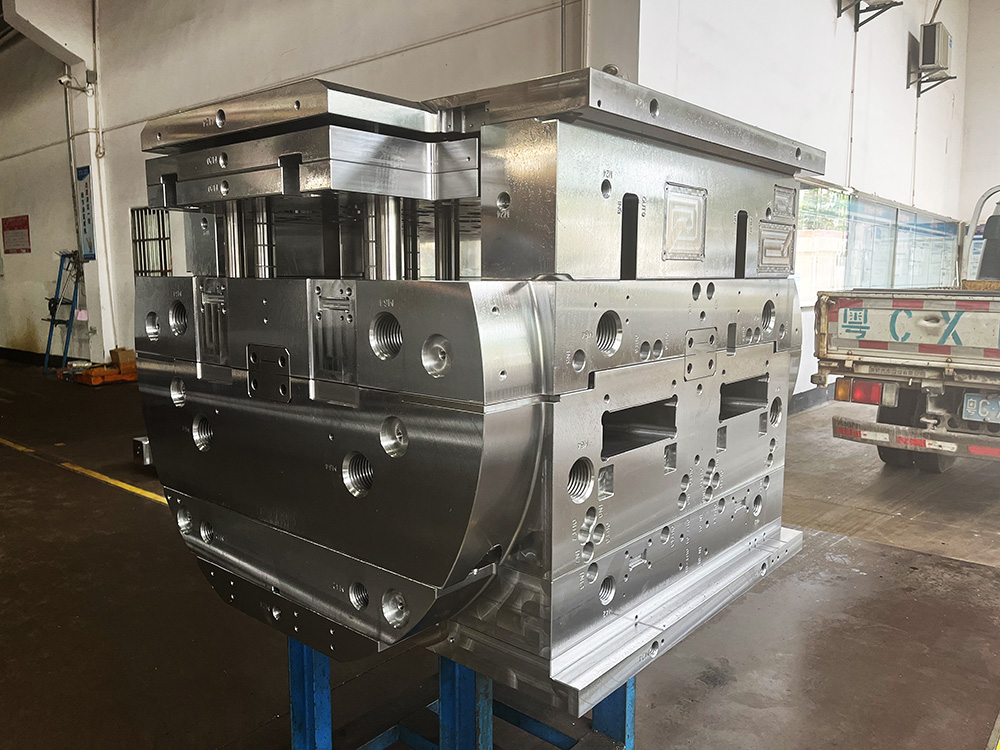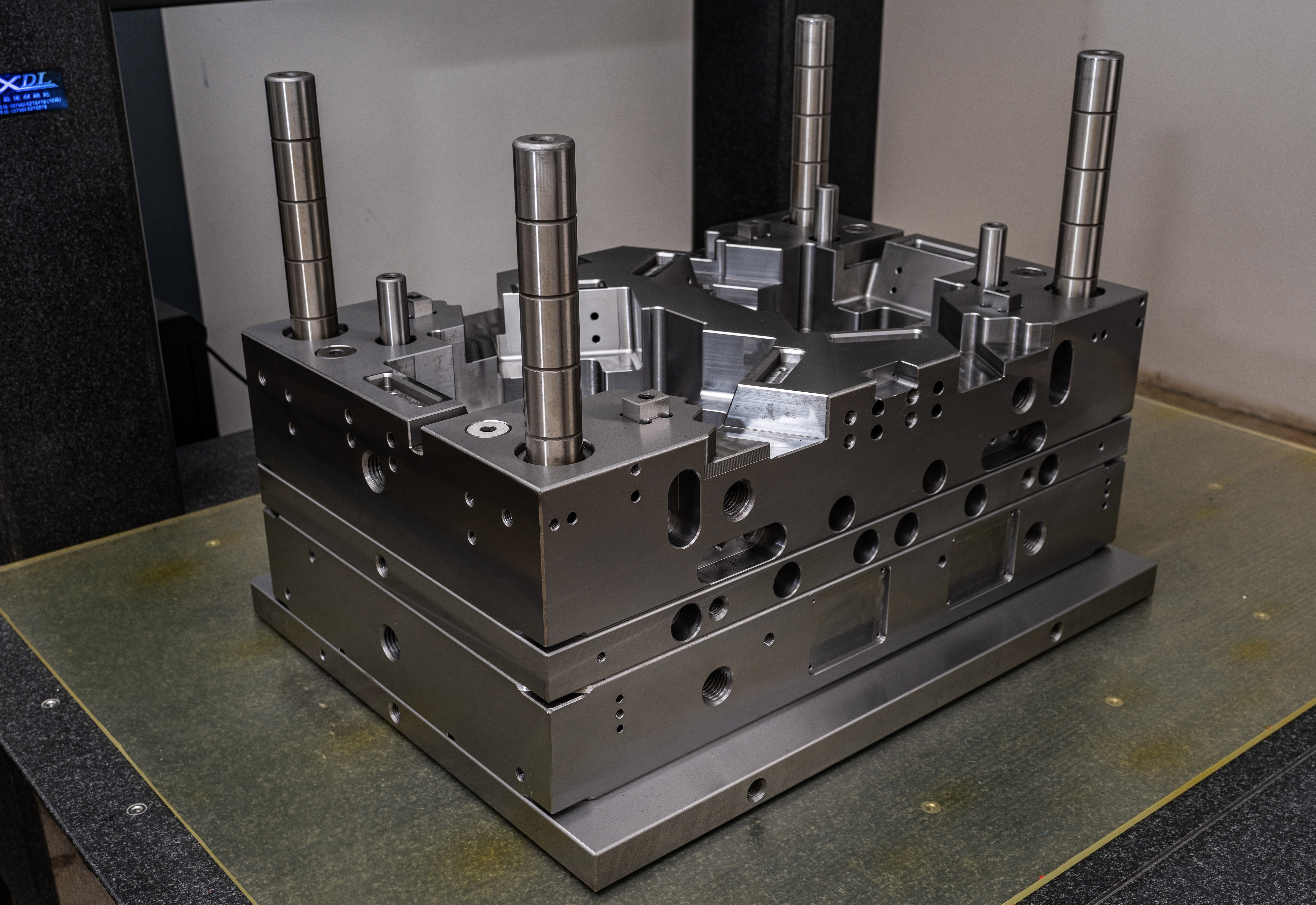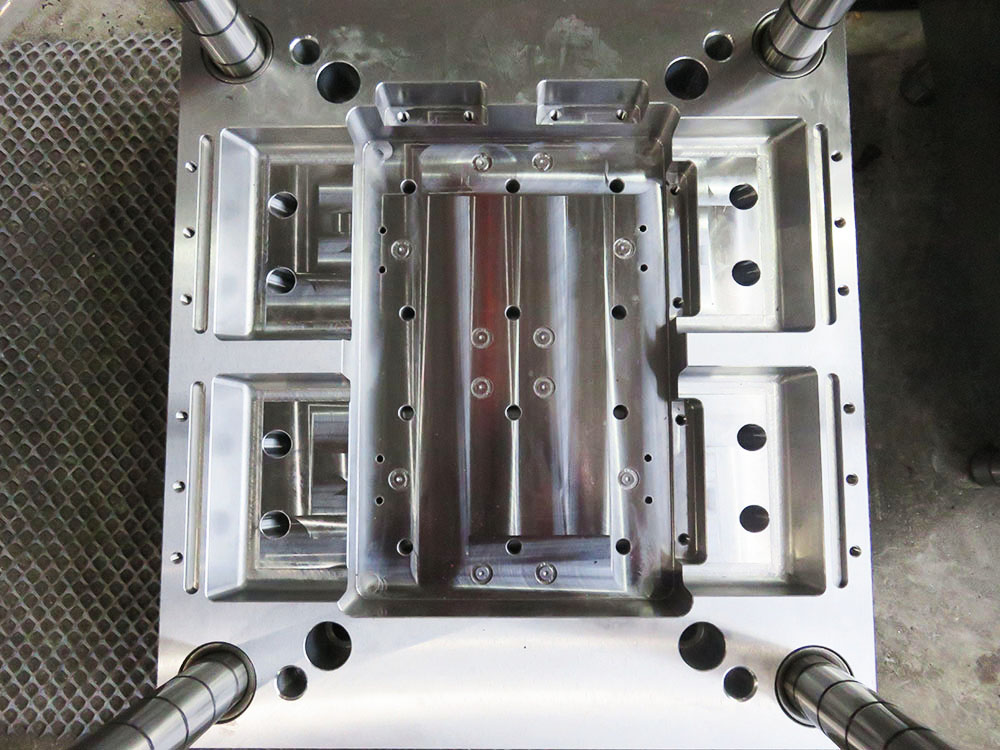Customized Engineering: Cutting-Edge Non-Standard Models in the Mold Base Industry
The manufacturing industry has witnessed rapid advancements in recent years, with technology playing a significant role in transforming traditional processes. One such sector that has seen remarkable growth is the mold base industry. Mold bases, the foundation for molds used in manufacturing various products, are no longer limited to standard designs. Customized engineering has emerged as a prevailing trend, enabling the production of cutting-edge non-standard models that cater to the unique requirements of different industries.
The demand for customized mold bases arises from the diverse needs of manufacturers. Traditional standard mold bases often fail to cater to the intricacies of specialized products or manufacturing processes. By adopting customized engineering, manufacturers can create molds that align perfectly with their specific requirements, resulting in enhanced efficiency, decreased production time, and improved end products.
One of the primary challenges faced by the mold base industry is the complexity of customization. Each industry requires different specifications, necessitating the development of intricate designs and machining processes. Customized mold bases demand comprehensive knowledge of materials, machining techniques, and industry-specific requirements. Engineers and designers play a critical role in translating these demands into prototypes and models that meet the desired outcomes.
The emergence of computer-aided design (CAD) and computer-aided manufacturing (CAM) software has revolutionized the mold base industry. These tools provide engineers and designers with the ability to create intricate designs and simulate their functionality before the commencement of production. CAD and CAM systems enable the visualization of the final mold base model, ensuring that it meets the required specifications. These technologies also assist in identifying potential issues or flaws in the design, resulting in reduced risk and improved product quality.
The use of advanced materials in the manufacturing of non-standard mold bases has further bolstered the industry's growth. High-strength alloys, composites, and specialized polymers are being utilized to enhance the durability and performance of mold bases. These materials offer superior resistance to wear and tear, ensuring increased longevity and reduced maintenance costs.
Another significant development in the mold base industry is the incorporation of advanced machining techniques. Precision machining, using computer numerical control (CNC) machines, allows for the creation of intricate designs with utmost accuracy. CNC machines can follow complex tool paths, ensuring precise cutting, drilling, and shaping of mold base components. This level of accuracy is crucial in developing non-standard mold bases that meet the stringent demands of industries such as aerospace, automotive, and medical.
The adoption of customized engineering in the mold base industry has also brought about significant improvements in production speed. Traditional mold base manufacturing often involves extensive manual processes that are time-consuming and labor-intensive. Customized engineering, combined with modern machining techniques, allows for faster production times, ensuring quicker turnaround for manufacturers. This acceleration in production not only increases efficiency but also enables manufacturers to meet tight timelines imposed by their clients.
Furthermore, the availability of integrated manufacturing systems, equipped with automated machinery and robotics, has streamlined the production process. Automated systems eliminate the need for constant human intervention, reducing the risk of errors and enhancing overall productivity. These systems also allow for the production of mold bases with consistent quality, irrespective of batch size, resulting in improved reliability and reduced rejection rates.
In conclusion, the mold base industry is undergoing a transformation with the adoption of customized engineering. Advanced CAD and CAM software, coupled with modern machining techniques, have facilitated the production of cutting-edge non-standard models. The use of advanced materials and integrated manufacturing systems has further optimized the manufacturing process. As the demand for specialized products continues to rise across industries, the mold base industry has positioned itself as a key player in meeting these requirements through customized engineering.




